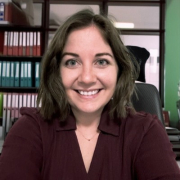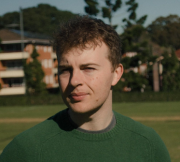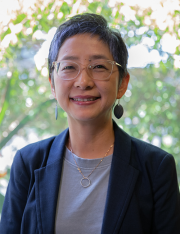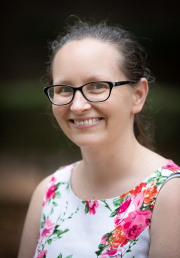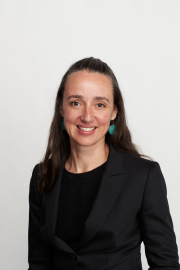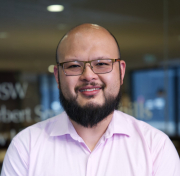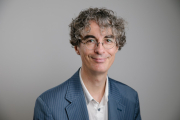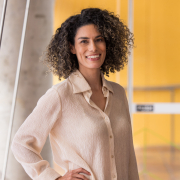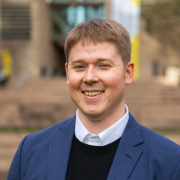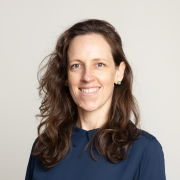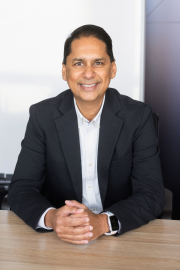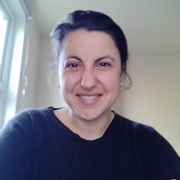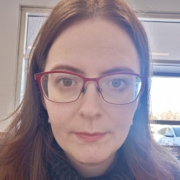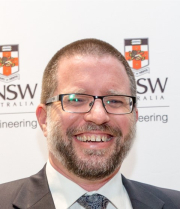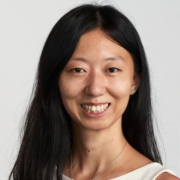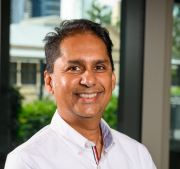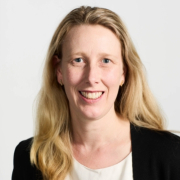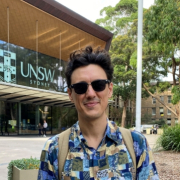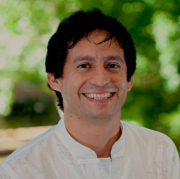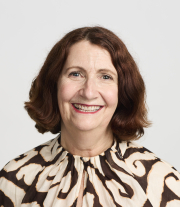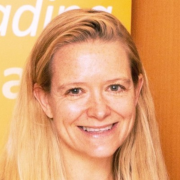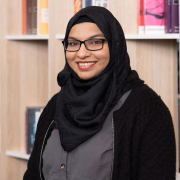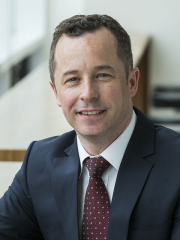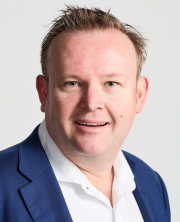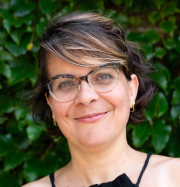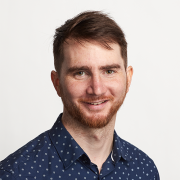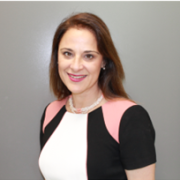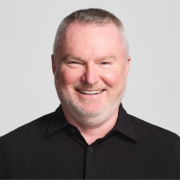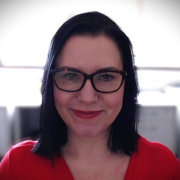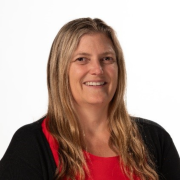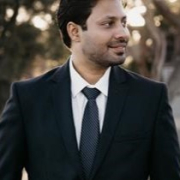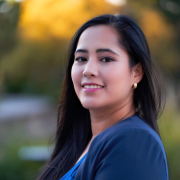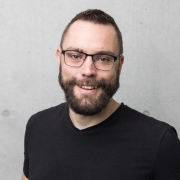Tuesday 27 May from 11:30am-12:30pm (hybrid)
AI in Rubric Design: Tips for best practice prompts
Presented by Dr Cherie Lucas, Dr Mark Ian Jones, Dr Chris Campbell & Dr Helena Pacitti
View recording in MS Stream
This interactive workshop explored the integration of Artificial Intelligence (AI) into rubric design, focusing on best practices and prompts for creating effective rubrics.
Facilitated by Nexus Fellows Dr Cherie Lucas, Dr Mark Ian Jones, Dr Chris Campbell, and Dr Helena Pacitti, the session provided insights into how AI can streamline rubric creation, enhance the consistency of grading, and align assessment tasks with course learning outcomes (CLOs).
This is the fourth workshop in the series for the facilitators currently undertaking a UNSW Roadshow across diverse Faculties and Schools. The presenters will also be presenting a Showcase at the upcoming HERDSA Conference in Perth, July 2025 related to the co-design of this workshop.
The workshop emphasises the importance of incorporating higher-order cognitive verbs, such as from Bloom's Revised Taxonomy and Fink's Taxonomy, within the rubrics and how to tailor these according to different learning contexts as indicated in published scholarly blogs. 1, 2
The workshop demonstrates exemplars through screenshots of the processes when prompting GenAI, and if time permits, attendees can utilise one-on-one assistance by the facilitators and explore the iterative process of refining their own AI-generated rubrics, including adjustments to criteria, grading scales, and cognitive focus.
Special attention will be given to the ethical implications of using GenAI in assessment, modelling educators’ acknowledgment of their use of GenAI in rubric design, with a focus on transparency.
By the end of the session, participants gained a practical understanding of how AI can be effectively utilised in rubric design and learned valuable tips for adopting AI-driven tools in their own educational contexts.
As preparation for the session, we encourage you to bring along your CLOs and assessment task descriptions.
Key takeaways:
- Understanding of the basic principles and key components of Rubric Design.
- Practical applications of GenAI to design rubrics to enhance efficiencies and tailor them to diverse educational contexts.
- Considerations for incorporating Cognitive Verbs from Bloom's Taxonomy; Bloom's Revised Taxonomy or Fink’s Taxonomy to promote higher order thinking.
- Ethical Considerations in using GenAI for assessment grading including acknowledgement of use.
- Iterative processes and best practice AI prompts to generate drafts for your rubrics.
References
- Lucas C, Jones MI, Campbell C, Pacitti H. (2024). Ethical Use of GenAI for Rubric Design at UNSW: Nexus Fellows’ Perspectives. https://www.education.unsw.edu.au/news-events/news/ethical-use-gen-ai-designing-rubrics
- Lucas C, Jones MI, Pacitti H, Campbell C, Cain J (2025). Considerations for Designing Rubrics with Artificial Intelligence in Pharmacy Education Pulses. https://pulsesrx.com/2025/03/04/considerations-for-designing-rubrics-with-artificial-intelligence-in-pharmacy-education
About the presenters
Dr Cherie Lucas
Nexus Fellow, UNSW Medicine & Health
Dr Cherie Lucas, PhD, BPharm, Grad Cert Edu Stud (Higher Educ), FPS, SFHEA is the Nexus Fellow at the School of Population Health, Faculty of Medicine and Health. She also holds an adjunct position at the University of Technology Sydney (UTS) with the Faculty of Health, UTS and has been nominated by the Minister for Health and appointed by the Governor to the position of Deputy President of the Pharmacy Council of NSW. She has been awarded numerous teaching awards and recognition including being the recipient of an Australian Award for University Teaching (AAUT) Citation.
Her educational research interests include curriculum design and instruction, developing reflective practice tools and assessment strategies to enhance student engagement, experience and learning; and building artificial intelligence (AI) capability for educators and students. She has led teams in interprofessional education and reflective practice and led the development of a UNSW Course Convenor AI Toolkit as a resource for academics for the Faculty of Medicine and Health. Cherie is co-Lead, working with Nexus Fellows to assist academics to design rubrics with AI and co-Lead for the AI in public health network for CAPHIA (Council of Academic Public Health Institutions Australasia).
Dr Mark Ian Jones
Nexus Fellow, UNSW Arts, Design & Architecture
Dr Mark Ian Jones is a UNSW Nexus Fellow, design historian and a Chartered Architect in the University of New South Wales Faculty of Arts, Design & Architecture (ADA), School of Art and Design. He has extensive experience in systemic approaches to curriculum design and innovation, rubric design, the affordances of AI in assessment and assurance of learning. Mark has extensive academic leadership experience at UNSW including Nexus Fellow, ADA Director Education Innovation, Deputy Head of School (Design) and Program Director Bachelor of Design.
Dr Helena Pacitti
Education Focused Lecturer, UNSW Science
Dr Helena Pacitti is an award-winning Education Focused Lecturer with over a decade of teaching experience. Her evidence-based teaching approach focuses on developing Self-Regulated Learning skills in undergraduates, drawing from cognitive and behavioural psychology research. Her course design innovations have improved student engagement and academic performance, while her research collaborations advance the Scholarship of Teaching and Learning through interdisciplinary partnerships. She creates inclusive learning environments that empower students' academic success.
Dr Chris Campbell
Nexus Fellow, UNSW Canberra
Dr Chris Campbell, PFHEA is the Nexus Fellow at UNSW Canberra working across the city and Australian Defence Force Academy (ADFA) campuses. Chris engages with staff in innovative learning and teaching and has projects on assessment best practice and staff and student wellbeing. Since beginning at UNSW, Chris has been working with colleagues across the university on designing rubrics using AI. Her main research area is in educational technologies to improve student learning and engagement, particularly in online learning. As a mid-career researcher Chris has a substantive research track record and expertise in digital technologies and pedagogies as well as in evaluating new and emerging technologies in the online space. Chris was the President of ASCILITE from 2019-2023, on the Executive for nine years and became a Life Member in 2023.
